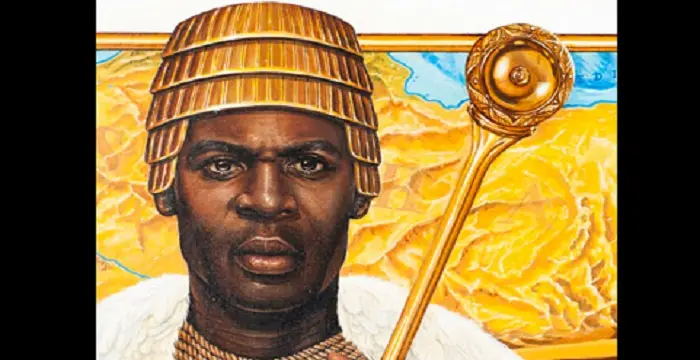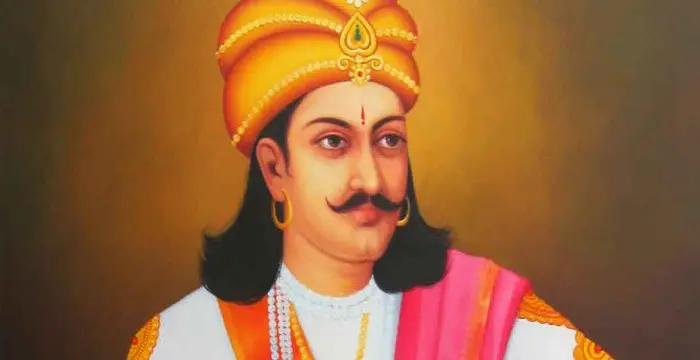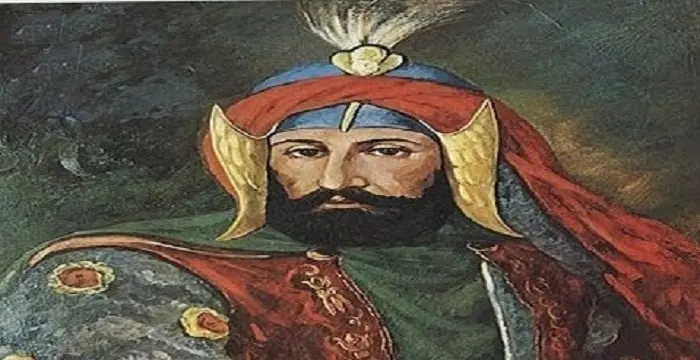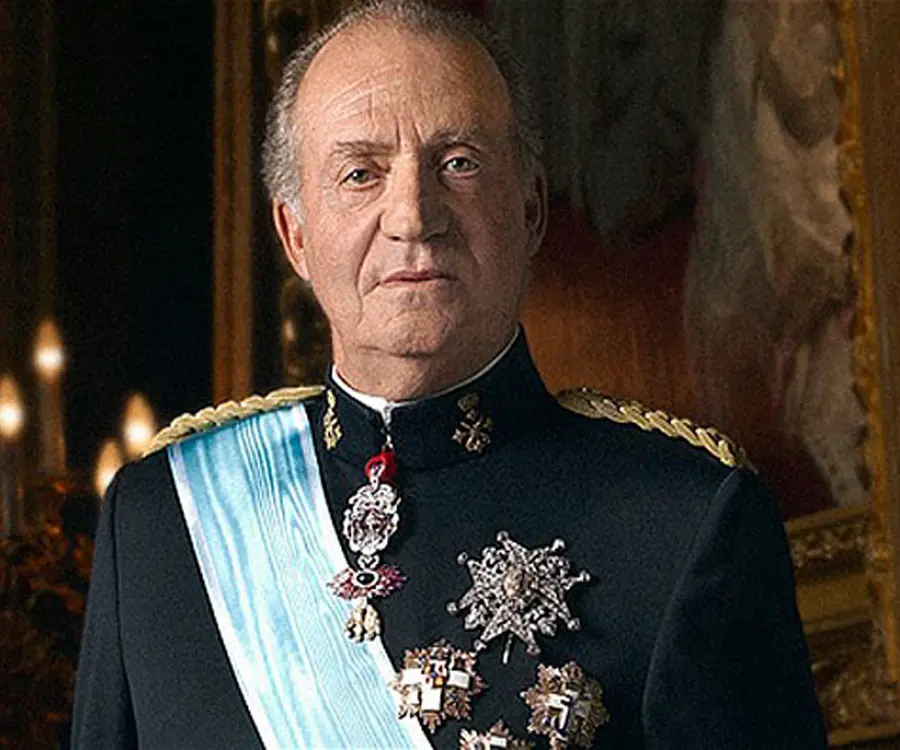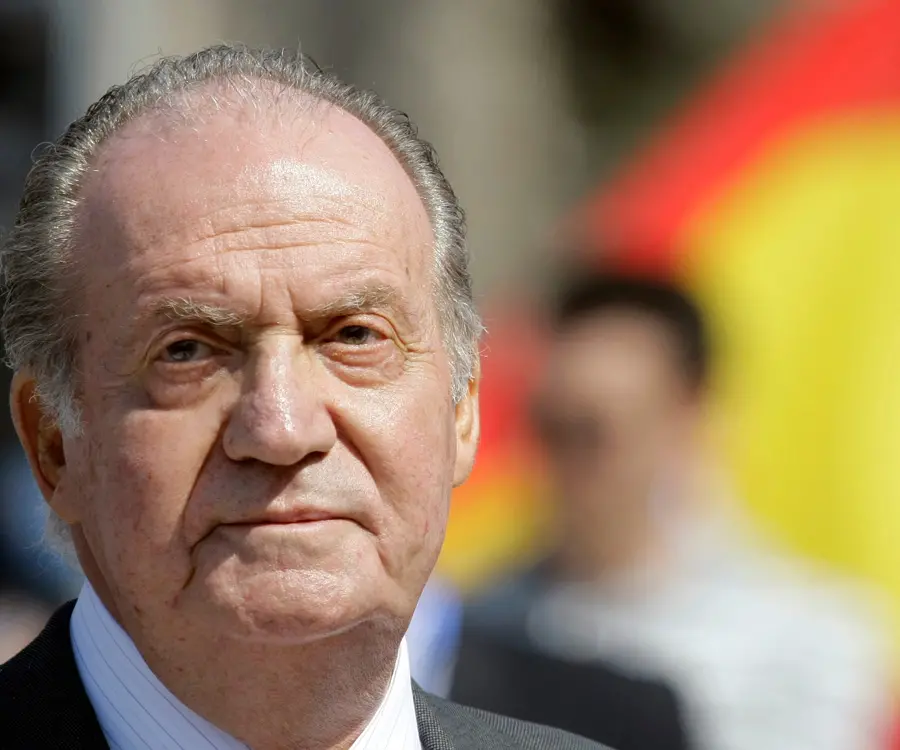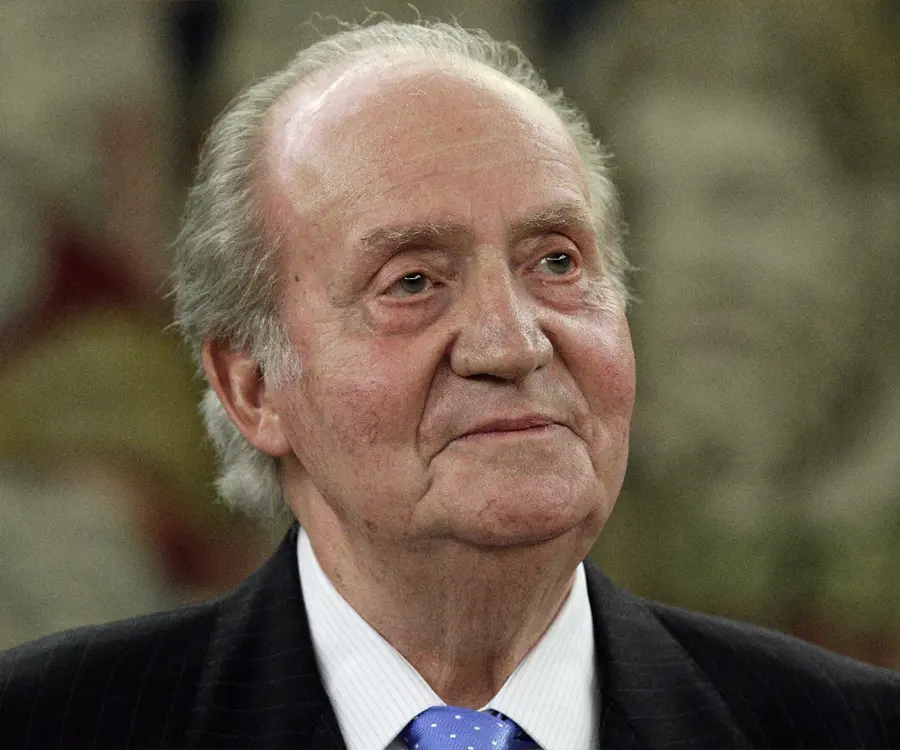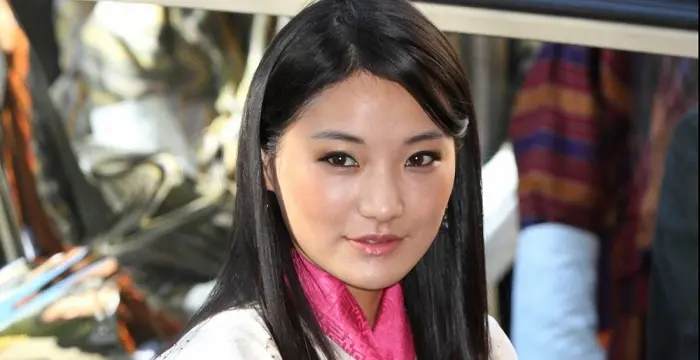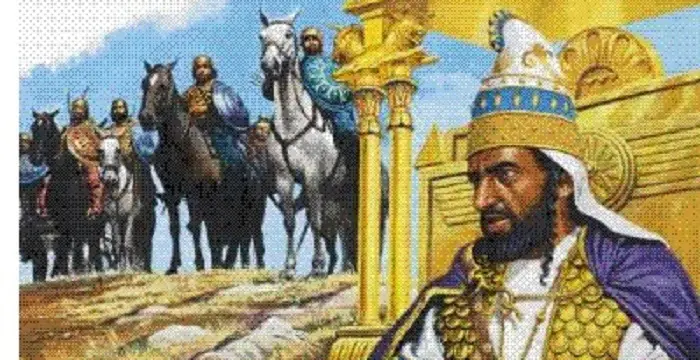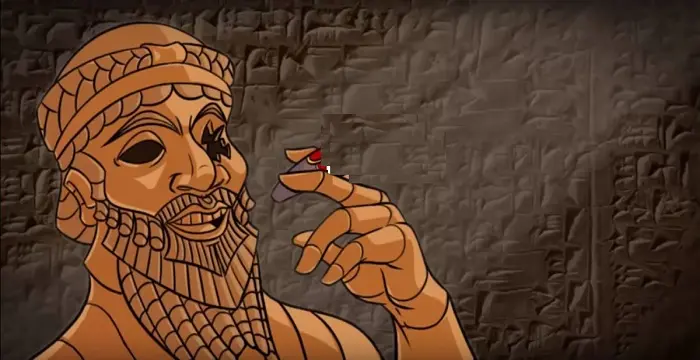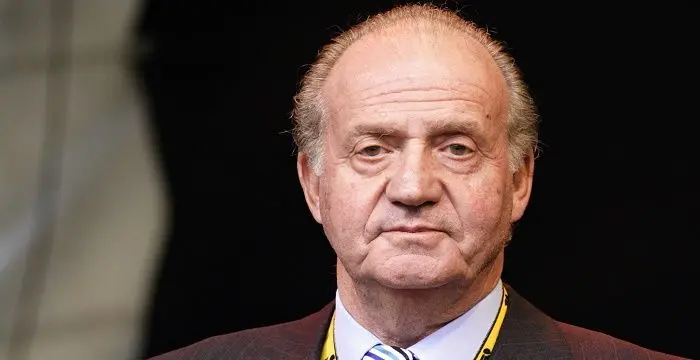
Juan Carlos I - Emperors, Facts and Personal Life
Juan Carlos I's Personal Details
Juan Carlos I ruled as King of Spain from 1975 to 2014
| Information | Detail |
|---|---|
| Birthday | January 5, 1938 |
| Nationality | Spanish |
| Famous | Historical Personalities, Emperors & Kings, Emperors, Former King of Spain (1975-2014), Kings |
| Spouses | Princess Sophia of Greece |
| Siblings | Infanta Margarita, Infanta Pilar, Infante Alfonso |
| Known as | Juan Carlos I of Spain |
| Childrens | Cristina, Elena, Felipe |
| Universities |
|
| Birth Place | Rome |
| Gender | Male |
| Father | Juan de Borbon |
| Mother | Maria de las Mercedes de Borbon y Orleans |
| Net Worth | $10 Million as of May 24,2017 |
| Sun Sign | Capricorn |
| Born in | Rome |
| Famous as | Former King of Spain (1975-2014) |
// Famous Kings
Sundiata Keita
Sundiata Keita was the founder of the Mali Empire in West Africa. This biography profiles his childhood, early life, struggles, founding of empire, rule, administration, achievements and also gives some fun facts.
Ashoka
Ashoka was the third emperor of the Mauryan Dynasty and ruled almost the entire Indian subcontinent. This biography profiles his childhood, life, reign, achievements and timeline
Murad IV
Murad IV was one of the mighty Sultans in the history of the Ottoman Empire. This biography profiles his childhood, family, accession, rule, administration and timeline.
Juan Carlos I's photo
Who is Juan Carlos I?
Juan Carlos I was the King of Spain and he served in that capacity for 39 years, ending his reign on his own accord in the year 2014. When Juan Carlos was born, his family was in exile in Italy after General Franco became the head of the country and it was not until his teen that he was able to get back to Spain after Franco gave the permission. He was educated in Spain and went to the military academies in the country before he was recognised as the Prince. Juan Carlos was able to win the trust of General Franco and walked a thin line as his favourable relations with the General led to him being made the king. After the death of Franco, Juan Carlos ushered in a liberal democracy in Spain and after years of dictatorial control, the people of Spain were able to live in a democracy due to his efforts. Juan Carlos showed his liberal credentials throughout his reign as he signed off the laws in relation to same sex marriage and abortion while on the other hand he quelled military coupes which might have threatened the democratic fabric of the country.
// Famous Emperors
Sundiata Keita
Sundiata Keita was the founder of the Mali Empire in West Africa. This biography profiles his childhood, early life, struggles, founding of empire, rule, administration, achievements and also gives some fun facts.
Ashoka
Ashoka was the third emperor of the Mauryan Dynasty and ruled almost the entire Indian subcontinent. This biography profiles his childhood, life, reign, achievements and timeline
Murad IV
Murad IV was one of the mighty Sultans in the history of the Ottoman Empire. This biography profiles his childhood, family, accession, rule, administration and timeline.
Childhood & Early Life
Juan Carlos was born on 5 January, 1938 in Rome, Italy. His father was Infante Juan, Count of Barcelona and his mother was the Princess of Bourbon - Two Sicilies Maria Mercedes. The family lived in exile in Italy at the time of his birth owing to the formation of the Second Spanish Republic. He had a younger brother and two sisters.
In 1947, Juan Carlos went to Spain in order to commence his education and studied at San Sebastian before moving on to the San Isidro Institute located in Madrid. He finished his formal education seven years after arriving in Spain from Italy.
In 1955, Juan Carlos enrolled at the Royal Military Academy located in Zaragoza and after graduating from the academy after two years, he studied at the Naval Military School. His progress was closely followed by General Franco, the ruler of the country at the time.
Juan Carlos also studied law and public finance at the University of Madrid, starting in 1960, in order to complete a well rounded education.
Career
He was not the heir to the throne but General Franco of Spain did not view the other contenders like Carlos’ father the Count of Barcelona favourably due to his liberal views and hence he started grooming him to eventually become the King. To that end, Juan Carlos was named the Prince of Spain in 1969 and pledged his allegiance to General Franco.
Juan Carlos worked closely with General Franco after being recognised as the heir apparent and for six years he took part in a number of ceremonies in conjunction with the dictator. Juan Carlos had grown so close to Franco in during 1974-75 that when Franco was temporarily incapacitated, he acted as the head of state.
Franco died on 20 November, 1975 but three weeks before his death he had given Juan Carlos the complete control of the country and shortly after he was declared as the King of Spain by the parliament. Juan Carlos displayed enough virtues to show that he was a liberal and believed in a robust democracy. He appointed Adolfo Suarez, a reformist, to the office of Prime Minister roughly a year after becoming the King.
He introduced liberal policies in the early years of his reign when he visited America in 1976, thereby becoming the first Spanish monarch to visit the country and five years later he quelled a coup that could have overthrown the democratic government. He also paved the way for limited abortion rights.
As a king, he visited foreign heads of state at different point during his reign and carried out duties befitting his position. He visited France in 1985 and marked the beginning of new relations between Spain and France as allies. Fifteen years later, he met Bill Clinton, the then President of the US.
In 2005 King Juan Carlos I further showed his progressive inclinations as he gave the Royal Assent to the law that legalised same sex marriages in Spain. According to opinion polls of the time; his position as the king of the nation had never been stronger. Two years later, the King lost his temper at the Ibero-American summit held in Santiago, Chile, and walked out after a war of words with Hugo Chavez, the Venezuelan President.
He faced the ire of his countrymen due to certain financial irregularities involving his family members and later in 2012; his visit to Botswana with his family on a luxury holiday also drew sharp criticism due to the economic hardship that Spain was going through. Two years after that visit, Juan Carlos decided to give up his position in favour of his son Felipe.
Major Works
He ushered in an era of liberal democracy in Spain after the country had been under the oppressive rule of General Franco for many years and that is without doubt one of his most important contributions as the monarch.
Personal Life & Legacy
King Juan Carlos I got married to Princess Sophia of Greece and Denmark on 14 May, 1962 in Athens. They have a son named Felipe and two daughters named Infanta Elena and Infanta Cristina.
Juan Carlos I biography timelines
- // 5th Jan 1938Juan Carlos was born on 5 January, 1938 in Rome, Italy. His father was Infante Juan, Count of Barcelona and his mother was the Princess of Bourbon - Two Sicilies Maria Mercedes. The family lived in exile in Italy at the time of his birth owing to the formation of the Second Spanish Republic. He had a younger brother and two sisters.
- // 1947In 1947, Juan Carlos went to Spain in order to commence his education and studied at San Sebastian before moving on to the San Isidro Institute located in Madrid. He finished his formal education seven years after arriving in Spain from Italy.
- // 1955In 1955, Juan Carlos enrolled at the Royal Military Academy located in Zaragoza and after graduating from the academy after two years, he studied at the Naval Military School. His progress was closely followed by General Franco, the ruler of the country at the time.
- // 1960Juan Carlos also studied law and public finance at the University of Madrid, starting in 1960, in order to complete a well rounded education.
- // 14th May 1962King Juan Carlos I got married to Princess Sophia of Greece and Denmark on 14 May, 1962 in Athens. They have a son named Felipe and two daughters named Infanta Elena and Infanta Cristina.
- // 1969He was not the heir to the throne but General Franco of Spain did not view the other contenders like Carlos’ father the Count of Barcelona favourably due to his liberal views and hence he started grooming him to eventually become the King. To that end, Juan Carlos was named the Prince of Spain in 1969 and pledged his allegiance to General Franco.
- // 1974 To 1975Juan Carlos worked closely with General Franco after being recognised as the heir apparent and for six years he took part in a number of ceremonies in conjunction with the dictator. Juan Carlos had grown so close to Franco in during 1974-75 that when Franco was temporarily incapacitated, he acted as the head of state.
- // 20th Nov 1975Franco died on 20 November, 1975 but three weeks before his death he had given Juan Carlos the complete control of the country and shortly after he was declared as the King of Spain by the parliament. Juan Carlos displayed enough virtues to show that he was a liberal and believed in a robust democracy. He appointed Adolfo Suarez, a reformist, to the office of Prime Minister roughly a year after becoming the King.
- // 1976He introduced liberal policies in the early years of his reign when he visited America in 1976, thereby becoming the first Spanish monarch to visit the country and five years later he quelled a coup that could have overthrown the democratic government. He also paved the way for limited abortion rights.
- // 1985As a king, he visited foreign heads of state at different point during his reign and carried out duties befitting his position. He visited France in 1985 and marked the beginning of new relations between Spain and France as allies. Fifteen years later, he met Bill Clinton, the then President of the US.
- // 2005In 2005 King Juan Carlos I further showed his progressive inclinations as he gave the Royal Assent to the law that legalised same sex marriages in Spain. According to opinion polls of the time; his position as the king of the nation had never been stronger. Two years later, the King lost his temper at the Ibero-American summit held in Santiago, Chile, and walked out after a war of words with Hugo Chavez, the Venezuelan President.
- // 2012He faced the ire of his countrymen due to certain financial irregularities involving his family members and later in 2012; his visit to Botswana with his family on a luxury holiday also drew sharp criticism due to the economic hardship that Spain was going through. Two years after that visit, Juan Carlos decided to give up his position in favour of his son Felipe.
// Famous Historical Personalities
Sundiata Keita
Sundiata Keita was the founder of the Mali Empire in West Africa. This biography profiles his childhood, early life, struggles, founding of empire, rule, administration, achievements and also gives some fun facts.
Ashoka
Ashoka was the third emperor of the Mauryan Dynasty and ruled almost the entire Indian subcontinent. This biography profiles his childhood, life, reign, achievements and timeline
Jetsun Pema
Jetsun Pema is the Queen consort of Bhutan. Check out this biography to know about her childhood, family life, achievements and fun facts about her life.
Murad IV
Murad IV was one of the mighty Sultans in the history of the Ottoman Empire. This biography profiles his childhood, family, accession, rule, administration and timeline.
Xerxes I
Xerxes I (Xerxes the Great) was the fourth and the most famous king of the Archaemenid dynasty of Persia. This biography profiles his childhood, family, personal life, life history, achievements, campaigns, administration, death and other facts.
Sargon of Akkad
Sargon of Akkad, also called ‘Sargon the Great’, ‘Sarru-Kan’ and ‘Shar-Gani-Sharri’, was the founder and first king of the Akkadian Empire. This biography profiles his childhood, life, rule, administration, timeline, and gives some fun facts.
Juan Carlos I's FAQ
What is Juan Carlos I birthday?
Juan Carlos I was born at 1938-01-05
Where is Juan Carlos I's birth place?
Juan Carlos I was born in Rome
What is Juan Carlos I nationalities?
Juan Carlos I's nationalities is Spanish
Who is Juan Carlos I spouses?
Juan Carlos I's spouses is Princess Sophia of Greece
Who is Juan Carlos I siblings?
Juan Carlos I's siblings is Infanta Margarita, Infanta Pilar, Infante Alfonso
Who is Juan Carlos I childrens?
Juan Carlos I's childrens is Cristina, Elena, Felipe
What was Juan Carlos I universities?
Juan Carlos I studied at San Isidro School, Madrid, Spain (1954), Complutense University, Madrid, Spain
Who is Juan Carlos I's father?
Juan Carlos I's father is Juan de Borbon
Who is Juan Carlos I's mother?
Juan Carlos I's mother is Maria de las Mercedes de Borbon y Orleans
What is Juan Carlos I's sun sign?
Juan Carlos I is Capricorn
How famous is Juan Carlos I?
Juan Carlos I is famouse as Former King of Spain (1975-2014)
